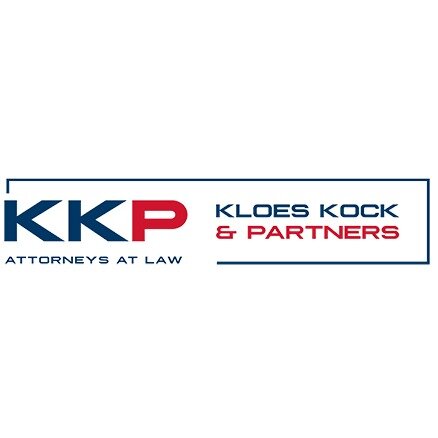Best Patent Lawyers in Aruba
Share your needs with us, get contacted by law firms.
Free. Takes 2 min.
Or refine your search by selecting a city:
List of the best lawyers in Aruba
About Patent Law in Aruba
Patent law in Aruba is designed to protect the intellectual property rights of inventors. By obtaining a patent, an inventor has the exclusive right to make, use, and sell their invention for a set period of time. This allows inventors to profit from their creations and encourages innovation in various industries.
Why You May Need a Lawyer
There are several situations where you may need a lawyer experienced in patent law in Aruba. Some common reasons include:
- Filing a patent application
- Responding to a patent infringement claim
- Negotiating licensing agreements
- Enforcing your patent rights
Local Laws Overview
In Aruba, patent law is governed by the Aruba Law of Industrial Property. This law outlines the criteria for obtaining a patent, the rights and obligations of patent holders, and the procedures for enforcing patent rights. It is important to consult with a lawyer familiar with local patent laws to ensure your rights are protected.
Frequently Asked Questions
1. Can I apply for a patent in Aruba if I am not a resident?
Yes, non-residents can apply for a patent in Aruba. However, it is advisable to seek legal guidance to navigate the application process effectively.
2. How long does a patent last in Aruba?
A patent in Aruba typically lasts for 20 years from the date of filing the application.
3. What types of inventions can be patented in Aruba?
In Aruba, patents can be granted for new and inventive products, processes, or improvements in existing products or processes.
4. What rights does a patent holder have in Aruba?
A patent holder in Aruba has the exclusive right to exploit the patented invention, including making, using, selling, or importing the invention.
5. How can I enforce my patent rights in Aruba?
To enforce your patent rights in Aruba, you may need to take legal action against infringers. A lawyer can assist you in initiating legal proceedings and seeking remedies for patent infringement.
6. Can I license my patent to others in Aruba?
Yes, patent holders in Aruba can license their patents to others. A lawyer can help you negotiate licensing agreements and ensure your rights are protected.
7. What are the requirements for obtaining a patent in Aruba?
To obtain a patent in Aruba, your invention must be new, involve an inventive step, and be capable of industrial application. It is important to meet these requirements to secure patent protection.
8. How much does it cost to apply for a patent in Aruba?
The cost of applying for a patent in Aruba can vary depending on the complexity of the invention and the services required. Consulting with a lawyer can help you estimate the total costs involved.
9. Can I file a patent application myself in Aruba?
While it is possible to file a patent application on your own, seeking legal guidance can help ensure that your application meets all the necessary requirements and increases your chances of successfully obtaining a patent.
10. What should I do if I receive a patent infringement claim in Aruba?
If you receive a patent infringement claim in Aruba, it is important to seek legal advice immediately. A lawyer can help you assess the validity of the claim and develop a strategy to defend your rights.
Additional Resources
For more information on patent law in Aruba, you can contact the Aruba Bureau of Intellectual Property or consult with local law firms specializing in intellectual property rights.
Next Steps
If you are in need of legal assistance in patent law in Aruba, it is recommended to schedule a consultation with a qualified patent lawyer. They can provide personalized advice based on your specific situation and help you navigate the complexities of patent law in Aruba. Remember, protecting your intellectual property rights is essential for the success of your inventions.
Lawzana helps you find the best lawyers and law firms in Aruba through a curated and pre-screened list of qualified legal professionals. Our platform offers rankings and detailed profiles of attorneys and law firms, allowing you to compare based on practice areas, including Patent, experience, and client feedback.
Each profile includes a description of the firm's areas of practice, client reviews, team members and partners, year of establishment, spoken languages, office locations, contact information, social media presence, and any published articles or resources. Most firms on our platform speak English and are experienced in both local and international legal matters.
Get a quote from top-rated law firms in Aruba — quickly, securely, and without unnecessary hassle.
Disclaimer:
The information provided on this page is for general informational purposes only and does not constitute legal advice. While we strive to ensure the accuracy and relevance of the content, legal information may change over time, and interpretations of the law can vary. You should always consult with a qualified legal professional for advice specific to your situation.
We disclaim all liability for actions taken or not taken based on the content of this page. If you believe any information is incorrect or outdated, please contact us, and we will review and update it where appropriate.
Browse patent law firms by city in Aruba
Refine your search by selecting a city.









